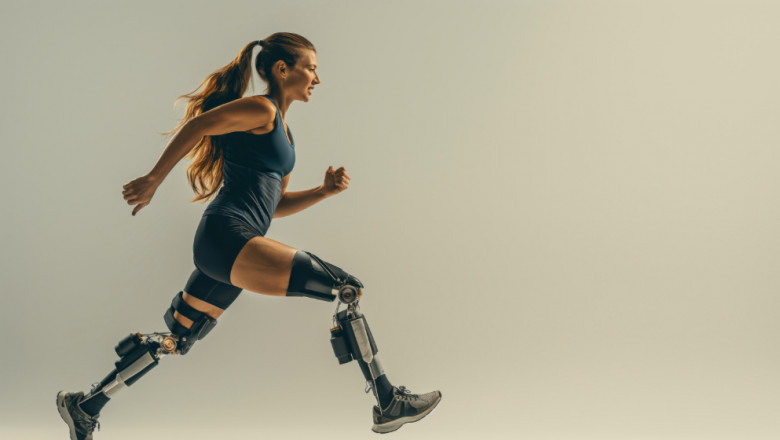views
The artificial limbs market is on a growth path, driven by advancements in cutting-edge technologies and the development of more adaptable, high-performance prosthetic materials.
Innovative materials like urethanes and silicone offer enhanced flexibility and lightweight properties, along with a unique 'memory' feature that enables them to adjust to different pressure levels.
With rising healthcare expenditures, leading companies are intensifying their focus on research and development, particularly in the areas of Artificial Intelligence and bionics, to further revolutionize the field.
𝗗𝗼𝘄𝗻𝗹𝗼𝗮𝗱 𝗮 𝗙𝗿𝗲𝗲 𝗦𝗮𝗺𝗽𝗹𝗲 𝗖𝗼𝗽𝘆 𝗼𝗳 𝗧𝗵𝗶𝘀 𝗥𝗲𝗽𝗼𝗿𝘁: https://www.factmr.com/connectus/sample?flag=S&rep_id=4359
Artificial Limbs Market: A Consolidated Arena with Heightened Competition through Innovations and Acquisitions
The artificial limbs market is predominantly consolidated, with a few key players making significant strides through robust R&D efforts and strong supply chain networks.
The high costs associated with premium products have limited market entry, creating a competitive landscape among a select group of players.
Leading companies in the market include Ossur, Ottobock, Hanger, Proteor, and Spinal Technology Inc. These players focus on strategies such as expanding clinical service networks, enhancing geographic reach, diversifying product portfolios, and leveraging strategic acquisitions.
For example:
- In 2019, Ossur partnered with College Park Industries, a global supplier of upper and lower limb prosthetics. This acquisition aims to bolster Ossur’s presence in the upper limb segment, enabling both companies to expand their offerings.
- Ottobock has driven value for users with innovative launches, such as the microprocessor-controlled knee joint 'C-Leg.' The company is also investing in digital transformation, incorporating artificial intelligence into technical orthopedics across its operations.
North America Leads Artificial Limbs Market, While Asia Pacific Emerges as a Promising Region
North America is set to dominate the artificial limbs market, capturing 34% of the revenue share by 2025. Data from the Centers for Disease Control and Prevention (CDC) reveals that as of 2016, over 8.5 million individuals in the U.S. were affected by peripheral vascular diseases, and 9.4% of the population was diagnosed with diabetes.
The rising prevalence of these conditions is contributing to a growing number of amputations, thereby driving market expansion in the region.
Meanwhile, Asia Pacific is poised for significant growth, supported by an evolving reimbursement landscape and a substantial population of amputees. The market in this region is expected to reach a valuation of US$ 630 million by 2025.
In contrast, the Middle East & Africa (MEA) and Latin America represent smaller market segments, with their growth anticipated to remain steady over the medium to long term.
Contact:
US Sales Office
11140 Rockville Pike
Suite 400
Rockville, MD 20852
United States
Tel: +1 (628) 251-1583, +353-1-4434-232
Email: sales@factmr.com






















Comments
0 comment